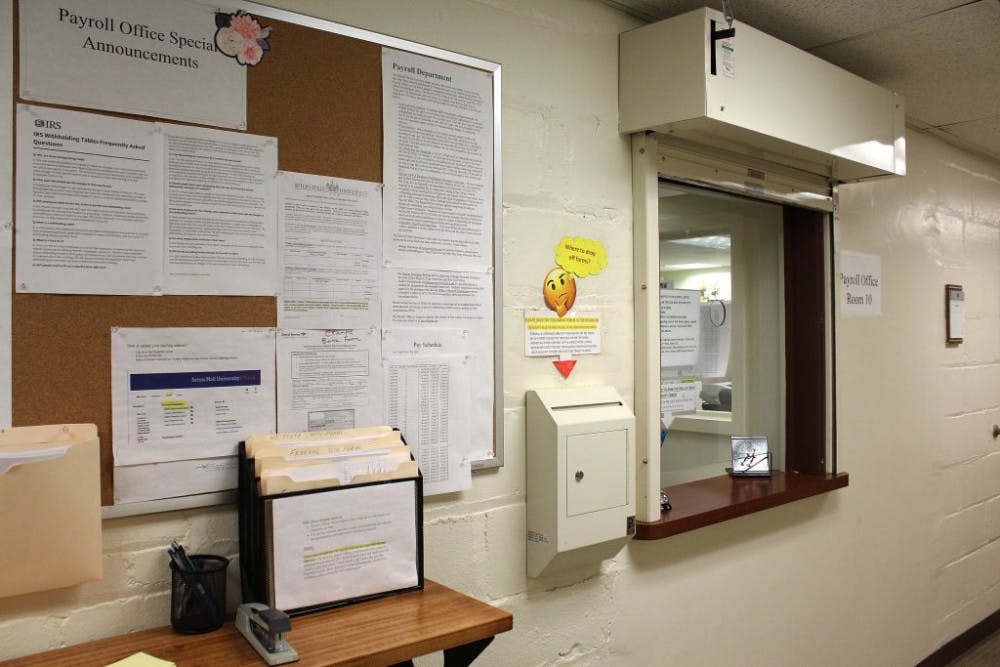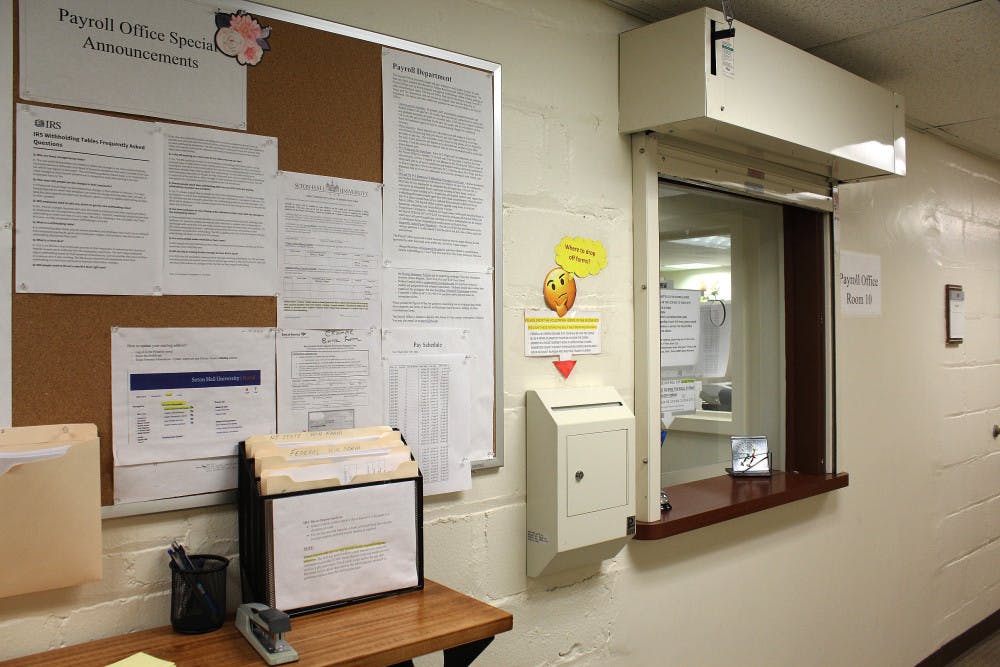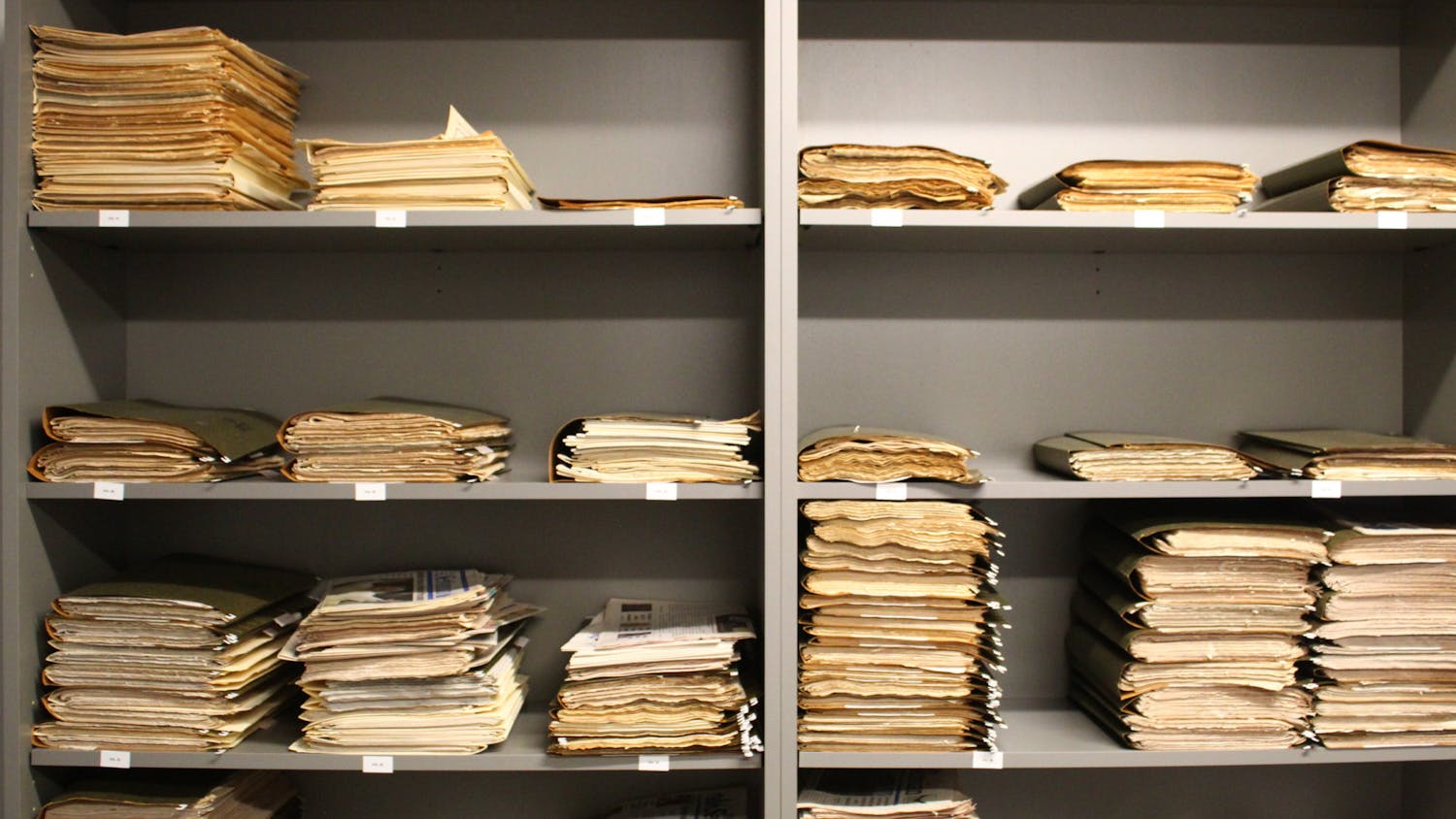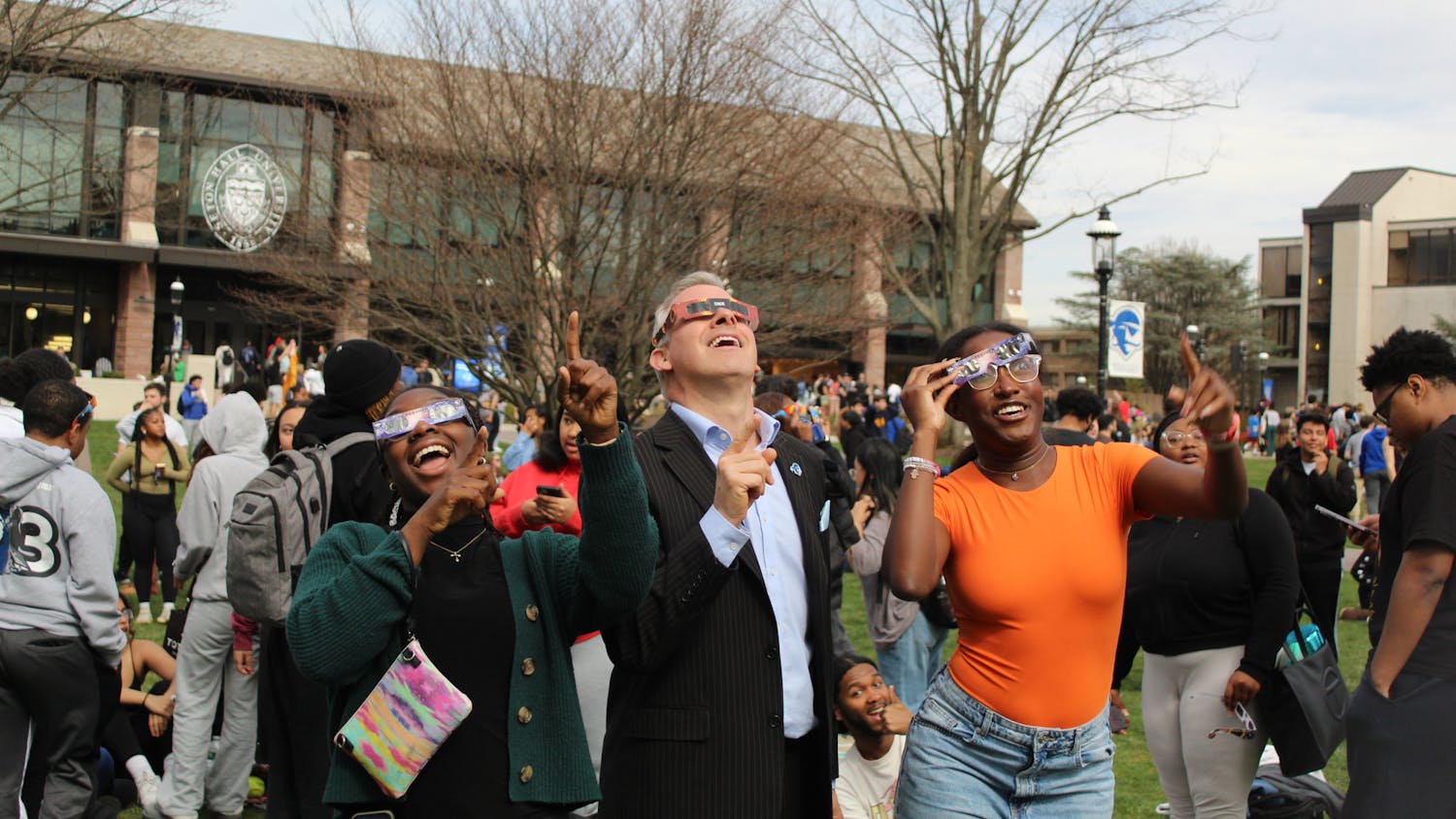Governor Phil Murphy (D-NJ) and New Jersey state lawmakers reached an agreement on Jan. 17 to raise the statewide minimum wage to $15 an hour, fulfilling a key campaign promise made by Murphy to voters in 2017 while running for the office.
In a joint announcement with Senate President Stephen Sweeney (D-Gloucester) and Assembly Speaker Craig Coughlin (D-Middlesex), Murphy called the agreement a historic step on behalf of more than one million New Jersey workers.
The first wage increase will be seen on July 1, 2019 from $8.85 to $10, and will continue to rise $1 an hour every January 1 until 2024, when the minimum wage will hit $15.

Wages for seasonal workers and employees of businesses with five or fewer workers would go up more slowly, reaching $15 an hour by Jan. 1, 2026.
The deal comes after talks stalled last year over disagreements about which workers would receive the wage hike and when, with Murphy arguing for a broad $15 minimum wage while Sweeney and Coughlin advocated for a narrower approach in which exceptions would be made for some employers, including small businesses and farmers.
In his remarks, Sweeney proclaimed that the plan “will put New Jersey in the forefront of the national movement to build a high-wage economy,” but cautioned that state leaders would “be sensitive to the impact it will have on working people who are below the ‘safety net’ and could be at risk of losing benefits as their wages increase.”
In the wake of the announcement, the New Jersey Business and Industry Association reiterated its opposition to the $15 minimum wage, warning that “an increase that is too drastic and rapid will result in a reduction in hours and benefits, increased costs of goods and services and an acceleration to automation” and called the deal “another hit to small businesses who are absorbing cumulative costs in the form of new [wage] mandates.”
According to New Jersey Policy Perspective (NJPP), a liberal-leaning research group, increasing New Jersey’s minimum wage to $15 would boost the incomes of over 1 million workers and inject a projected $3.9 billion into the state’s economy.
“Raising New Jersey’s minimum wage to $15 an hour is one of the most consequential, pro-worker policies enacted in the state’s history,” said Brandon McKay, director of government affairs for NJPP. “The positive impact of this increase will reverberate throughout the economy as workers will immediately have more disposable income to spend in their local communities. This will also benefit New Jersey’s vibrant business community, especially those on Main Street, by growing their customer base and helping more residents afford their goods and services.”
McKay reiterated that NJPP has long supported a $15 minimum wage for all in the state, citing the high cost of living in the state.
The wage hike will all but certainly mean a raise for workers on college campuses across the state, but this won’t be the first in recent years. Last year Rutgers University, the largest public university in New Jersey, announced a 30% minimum wage hike across all campuses, bringing the minimum pay for student workers to $11 per hour.
Under the new deal, other schools, such as Seton Hall, will now also see increases in their take-home pay.
One such student worker, Olivia Montine, a sophomore who works on Blue Crew in the Admissions Office, said that she felt the increase would be a good thing for low-wage workers in New Jersey like herself and hopes other states will follow suit.
Montine, who is from New Hampshire where the minimum wage is $7.25, called it “really not livable.”
“I may only be a part-time worker in retail [in New Hampshire], but there are plenty of full-time workers who make that amount, and it’s really hard to live on that kind of money,” Montine said. “New Jersey has even higher taxes than New Hampshire, so the raise seems appropriate given the respective cost of living. It’s something more states should work to do.”
Other low-wage student workers, like sophomore Peer Adviser Zachary Corby, indicated a concern towards the wage hike, worrying that his department could see cutbacks on Peer Advisers if the budget couldn’t afford it.
That sentiment was echoed by Tracey Johnston, a professor of labor economics at Seton Hall. Johnston said that while she does like the idea of some workers in New Jersey making more money as a result of the increased minimum wage, she feels the change may be too significant.
“If businesses cannot raise their prices to offset their higher labor costs they will look to decrease the number of workers they hire or reduce workers hours,” Johnston explained. “This will negatively impact unskilled labor and student labor in the form of potential job loss or working fewer hours.”
“This group of workers is the exact group of people minimum wage laws are designed to protect, but they are the ones most hurt by raising minimum wage rates. We saw this in New York City when the minimum wage was raised to $15 an hour for fast food workers. McDonald’s and other restaurants replaced human workers with machines by adding kiosks to serve as cashiers.”
Dr. Alyssa McCloud, the Vice President of Enrollment Management at Seton Hall disagreed with concerns that students could be laid off, saying that when the minimum wage has increased in the past, the University has always complied. “I anticipate it would be the same moving forward,” McCloud said, “although we have not had any specific discussions on the topic.”
McCloud also said that, to her knowledge, student worker positions have never been cut back in the past over wage increases.
Nicholas Kerr can be reached at nicholas.kerr@student.shu.edu.





